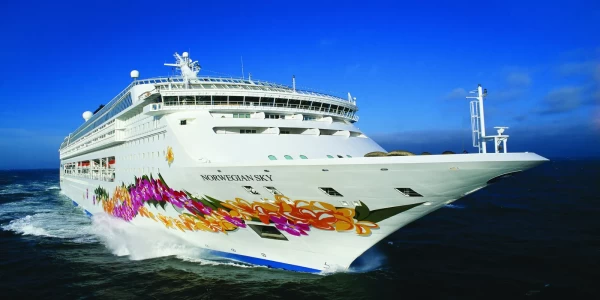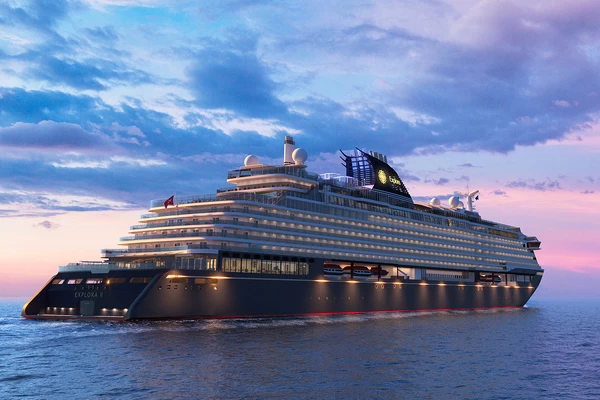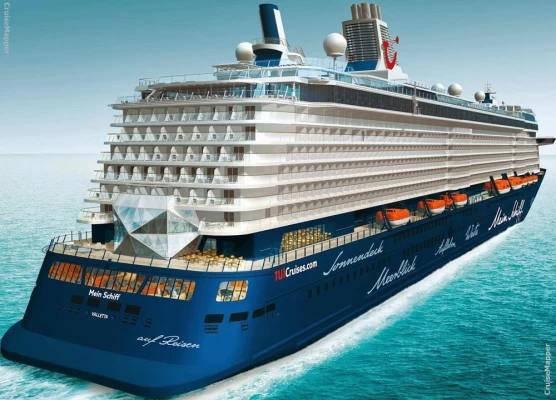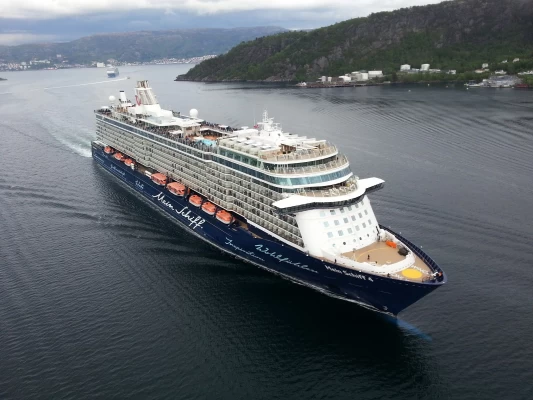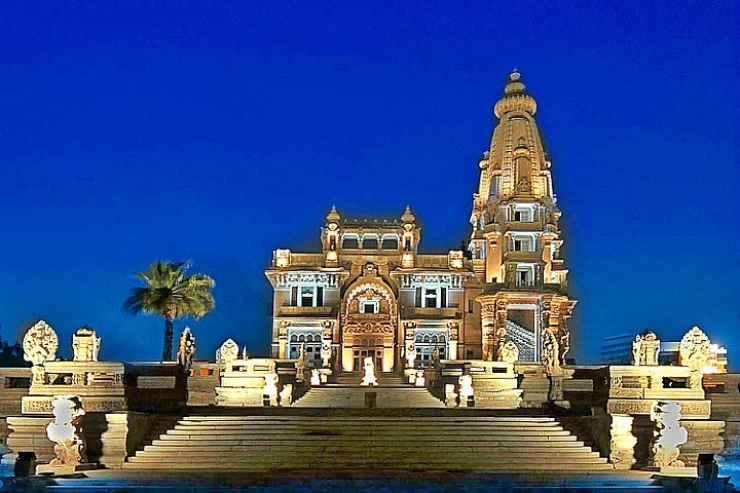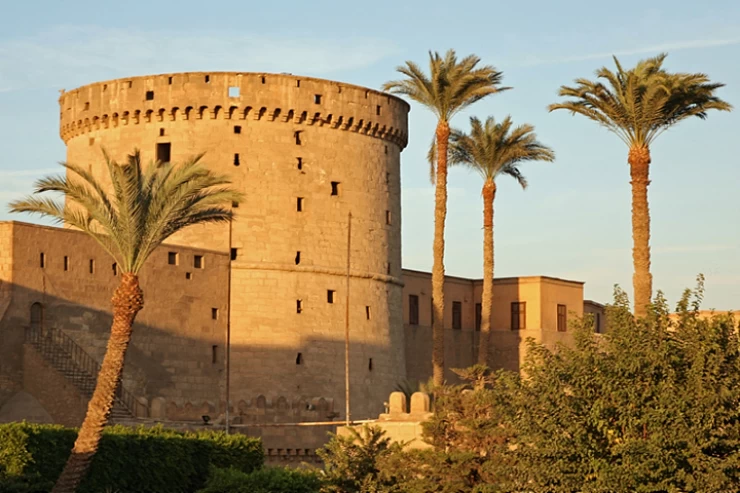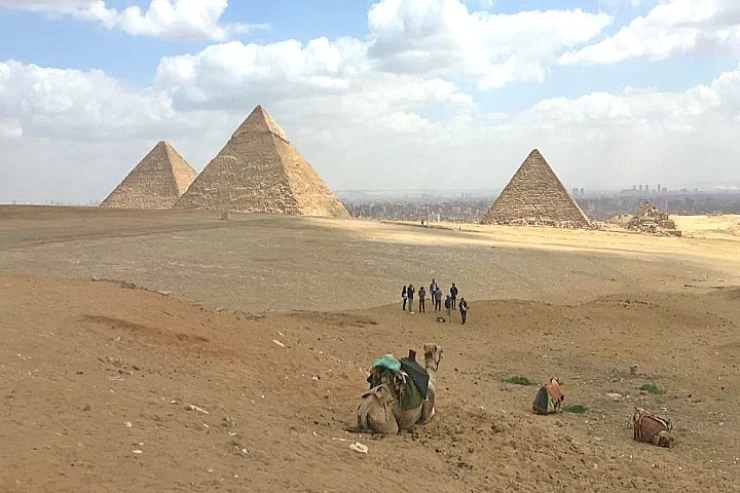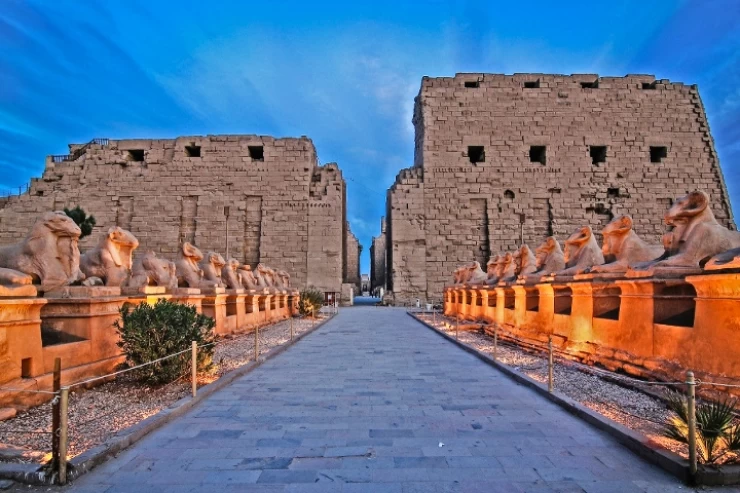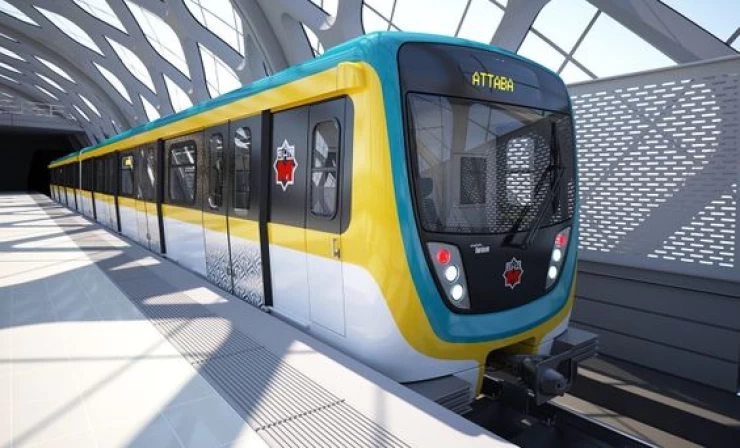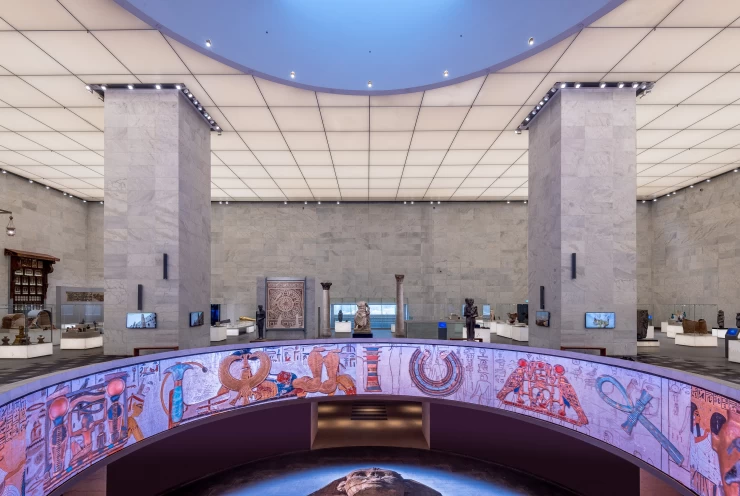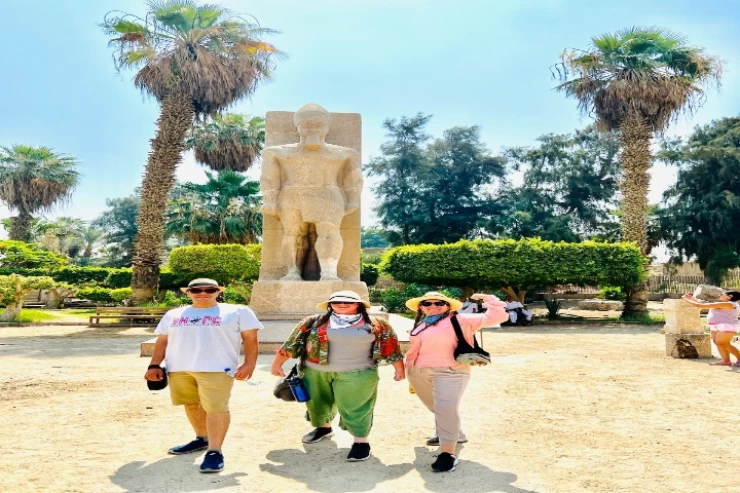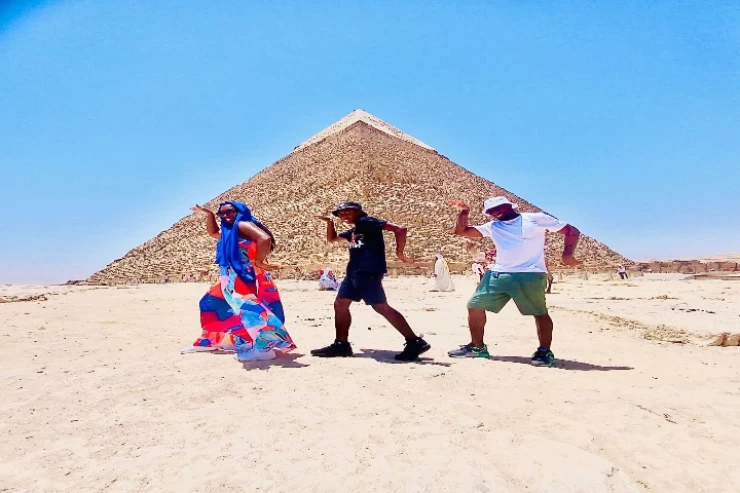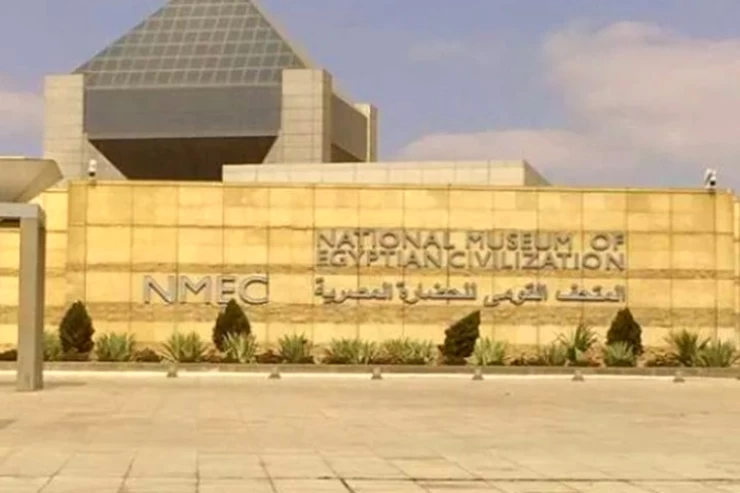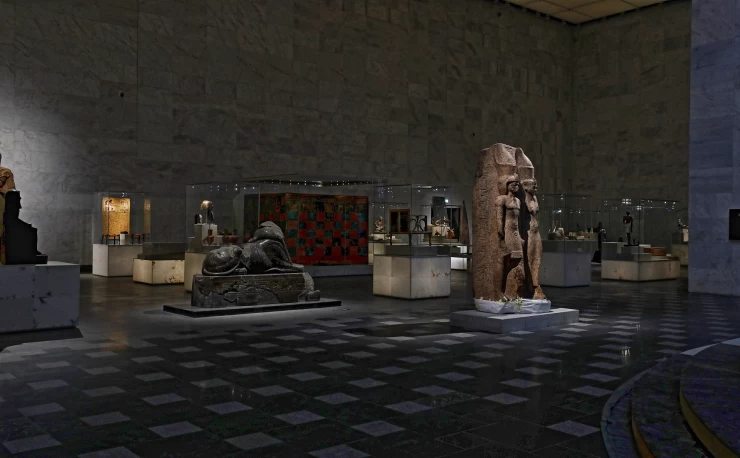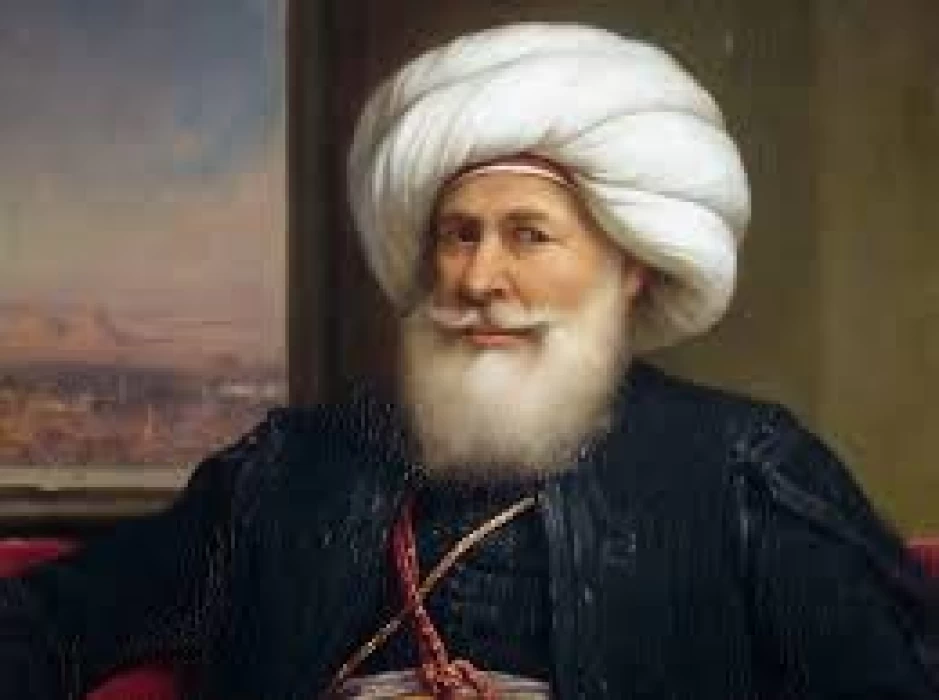
Muhammad Ali Pasha | Muhammad Ali of Egypt
Mohamed Ali Pasha
He was a common soldier who advanced to leadership through his military skills and political vision. In 1799 he commanded a Turkish army in an unsuccessful attempt to drive Napoleon from Egypt. As Pasha, he was essentially independent of his nominal overlord, the Ottoman sultan. He improved his armed forces and administration, created schools, and began many public works, especially irrigation projects.
Muhammad Ali modernized education, ordering the translation of European books on a large scale, protecting children against disease and offering them medical care, conducting censuses, and undertaking huge public works projects that established cotton as a key Egyptian cash crop, which remains today. Early in his career, he controlled the spread of fundamentalist Wahhabi Islam from the Arabian Peninsula.
Modern Egypt | Mohamed Ali Mosque
Often known as Mehmed Ali, Muḥammad ʿAlī was the viceroy and pasha of Egypt (1805–48), founding the dynasty that ruled the country from the start of the 19th century to the middle of the 20th. He was born in Kavala, Macedonia, Ottoman Empire [now in Greece] in 1769 and passed away in Alexandria, Egypt, on August 2, 1849.
Mohamed Ali Mosque, as we know it by the name the Alabaster Mosque, is one of Egypt's most impressive mosques. It reaches the tallest point within the Citadel of Saladin. The creator who was Yousif Boushnaq was of Turkish origin and had been brought from Istanbul to build this exceptional mosque for Mohamed Ali, the founder of Modern Egypt who ruled from 1805 till 1849 A.D. Upon your arrival in Egypt, Cairo Top Tours will take care of your visit to the land of the Pharaohs with our highly qualified guides specialized in Egyptology.
Mohamed Ali entered politics to serve the Egyptian people. He eventually became the governor of Egypt and implemented various developments in the country. He also successfully dealt with the El Mamalik, who were causing chaos in Egypt. Due to his efforts, Mohamed Ali became beloved by the Egyptian people. As such, Cairo Top Tours offers daily trips to visit the Muhamed Ali Mosque and enjoy the beauty of this valuable place that reflects the greatness of archaeology and its deep history.
Latest Articles
Admin
Seabourn Sojourn Cruise Stops in Safaga Port
The Seabourn Sojourn, the flagship vessel of Seabourn Cruise Line's ultra-luxury fleet, was built in 2008 at the T. Mariotti shipyard in Genoa, Italy. Measuring 198 metres, it can accommodate up to 450 guests in its 225 spacious all-suite staterooms.
Admin
Norwegian Sky Cruise Stops in Safaga Port
Norwegian Cruise Line operates a cruise ship called the Norwegian Sky. It was constructed in 1999 and can accommodate 2,004 passengers in addition to 878 crew members. The ship has several dining establishments, lounges and bars, a spa and fitness center, swimming pools, and a number of entertainment areas.
Admin
Explora II Cruise Stops in Safaga Port
Explora II, the second vessel in the Explora Journeys fleet, sets sail in 2024 to redefine luxury cruising. With 461 ocean-front suites, 9 culinary experiences, and 4 pools, this haven of sophistication and sustainability promises an unforgettable "Ocean State of Mind" journey to inspiring destinations.
Admin
Mein Schiff 6 Cruise Stops in Safaga Port
The Mein Schiff 6 is the latest cruise ship in the renowned TUI Cruises fleet, offering passengers a luxurious and sophisticated cruise experience. At 315 metres long, this floating resort features a range of dining options, entertainment, and recreational facilities, including a spa, fitness centre, and sports amenities.
Admin
Mein Schiff 4 Cruise Stops in Safaga Port
When the Mein Schiff 4 cruise ship docks in Safaga, Egypt, passengers are granted access to a realm of ancient wonders. Aboard this state-of-the-art vessel, guests can embark on meticulously curated shore excursions that showcase the region's most iconic landmarks, including the Giza Pyramids, the enigmatic Sphinx, and the remarkable tombs and temples of the Valley of the Kings in Luxor.
Admin
MS Europa Cruise Stops in Safaga Port
The Silver Moon, Silversea's latest flagship, is a luxury cruise ship that offers an exceptional travel experience for Venezuelans exploring Egypt. With a capacity of 596 guests and an impressive 40,700 gross tonnes, the Silver Moon maintains the small-ship intimacy and spacious all-suite accommodations that are the hallmarks of the Silversea brand.

